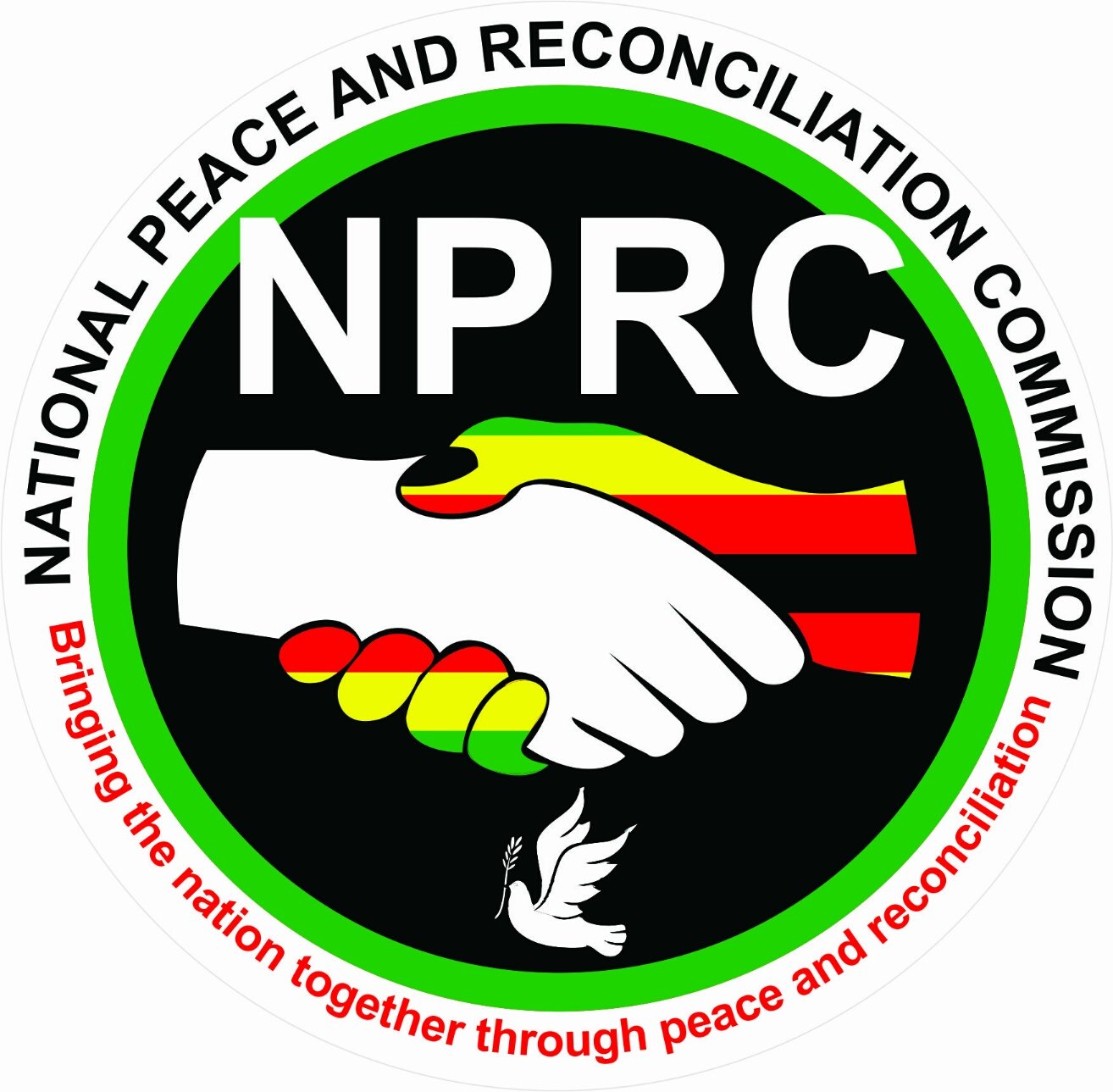The National Peace and Reconciliation Commission (NPRC) is conducting new programmes of engagement with the public following the disruption of previous programmes by Covid-19 restrictions while recently appointed commissioners are still familiarising themselves with the processes.
The new commissioners were sworn into office by President Emmerson Mnangagwa in May this year and the preventive dialogue meetings in place now are expected to serve as a platform for provincial peace committees to meet and engage them.
This move is however likely to prove unpopular with the public and stakeholders who are accusing the government of employing delaying tactics in addressing the Gukurahundi genocide and other conflict matters.
Previously, when the old commission was in place, activists had argued that the NPRC spent most of its time holding consultative meetings instead of taking decisive action.
Read: https://cite.org.zw/nprc-strategy-is-a-deliberate-ploy-to-delay-justice/
Stakeholders are also accusing the government of trivialising Gukurahundi – playing to the gallery, which affects the delivery of post-conflict justice, healing and reconciliation.
Addressing press in Bulawayo on the side-lines of a provincial peace committee meeting Wednesday, Acting NPRC Chairperson, also the Deputy Chairperson, Commissioner Lilian Chigwedere acknowledged that the Covid-19 programme disrupted their engagement programmes and were now ‘starting’ again as they also had new commissioners.
“As a commission, when Covid-19 came we had lined up a number of programmes, these dialogues that we are having now are the beginning of the process and everything else that is going to come will be based on this preventive dialogue that we are holding today,” she said.
“As part of the whole preventive dialogues that we are having, so in terms of where we are now because we are starting, one we have new commissioners and also we were held up by Covid so by coming today we are all trying to come on the same page so that we can resume our programmes.”
Commissioner Chigwedere said the commission was now trying to map a way forward.
“As I have said, I will repeat it that we have a new commission on the board, which is familiarising with everything that is happening. By coming here, we hope the peace committees which are part of the infrastructure for peace, we established peace committees specifically to work on peace issues from grassroots level, so this is why we are here today (sic),” she noted.
“I think this is the seventh meeting we are having. Already we have been in Manicaland, Mashonaland Central, Mashonaland West and we are coming here to consult the peace committees who are our infrastructure for peace so that we are together then come up with a strategy. That’s why we call these peace dialogues.”
However, the commissioner could not reveal a timeline as to when people can expect to see the delivery of justice relating to Gukurahundi, noting that this was a process.
“Programmes will only be lined up after these preventative dialogues, as we consult, as we meet with people and the new commissioners meeting with people, we can then come up with a way forward. A peace process has no time limit and a peace process is a process that has many other intermediate steps that need to be taken. At the moment you cannot reveal a timeline, also you should be aware when the commission came it took a lot of issues related to that and made recommendations,” Commissioner Chigwedere stated.
“Some of the recommendations I want to believe the respective authorities are implementing -there were issues of birth certificates, the commission did not just sit on those things, we took them up for implementation by relevant authorities. I’m sure as you are aware something is being done along these lines and that is a process. Peace building is a process, it just doesn’t happen once, you have to take it step by step.”
During her remarks to the provincial peace committee, Commissioner Chigwedere, said she believed the group applied what they learnt in their training received before the lockdown.
“You were able during the lockdown to apply your skills, to intervene, resolve conflicts amicably and bring more social cohesion in your communities,” she said.
The setting up of peace committees, according to the NPRC acting chairperson, contributes towards the promotion of peace through dialogue, mediation and conciliation of disputes among communities, individuals and groups as well as the implementation of programmes deemed necessary for the prevention of conflicts.
“All this falls squarely within the constitutional mandate of the NPRC. This is in sync with the national development strategy, which recognises how violent conflict before and after independence have negatively impacted not only on development but also on the social cohesion among Zimbabweans and that these unresolved conflicts need to be addressed in order to have a cohesive nation,” Commissioner Chigwedere said.
She added that due to recently relaxed Covid-19 lockdown measures in place, NPRC thought it prudent to hold those preventive dialogue meetings with all the ten provincial peace committees which are infrastructure for peace in every province.
“These should sooner rather than later cascade to the district, right up to village level. These meetings are a perfect opportunity to also reflect on the challenges and experiences that the peace committees have encountered so that together, we can strengthen the institutions to effectively promote unity, peace and healing and reconciliation,” noted the acting NPRC chairperson.
Also read: https://cite.org.zw/csos-expect-better-from-the-nprc/

